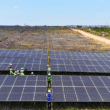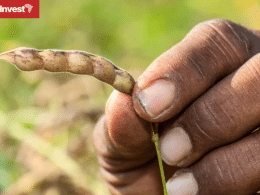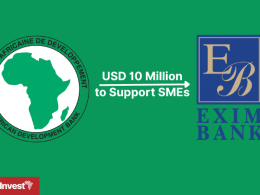“Africa Milk Project: love your land, fight poverty, drink your milk”, developed in Tanzania by the Tanzanian Farmer Association NjoLIFA, the NGO CEFA and the Granarolo Group of Italy is among the 7 winning projects of “Best Sustainable Development Practices” selected by Expo Milano 2015.
The project won the first prize as Best Practice in the category: “Sustainable development of small rural communities in marginal areas”.
The announcement was made by Prince Albert of Monaco, president of the International Selection Committee, and the Italian Minister of Agriculture, Food and Forestry Policies with delegation for Expo 2015, Maurizio Martina.
Africa Milk Project that run from 2007 to 2013 with a total budget of EUR 1.826.705 was aimed at improving the life of rural communities in Tanzania by developing local economies.
Today it is a moneymaking business that receives every day 3,200 liters of milk from 800 local suppliers.
Part of the milk is sold and donated to orphanages and hospital. The rest is processed into yogurt and cheeses.
The award is part of the “Feeding Knowledge” programme, which aims to raise awareness and spread the best scientific solutions in terms of food security and sustainable development, so that they can become a model for all nations of the world, in environmental, social and productive terms.
“Improving food security and eliminating hunger are feasible goals – commented Prince Albert of Monaco –, provided that there is a clear and strong political will across the world. And sharing the Best Practices which allow a truly ‘enduring’ food production, is no less important”.
The Best Practices’ winners will be at the core of Pavilion Zero of Expo Milano 2015.
CEFA (The European Committee for Education and Agriculture) is a nongovernmental organization working for the right to food and food security through cooperation projects in the poorest areas of Africa and Latin America.
Granarolo is the largest Italian-owned agro-industrial group in Italy and the largest Italian milk supply chain directly owned by producers operating as a co-operative.











